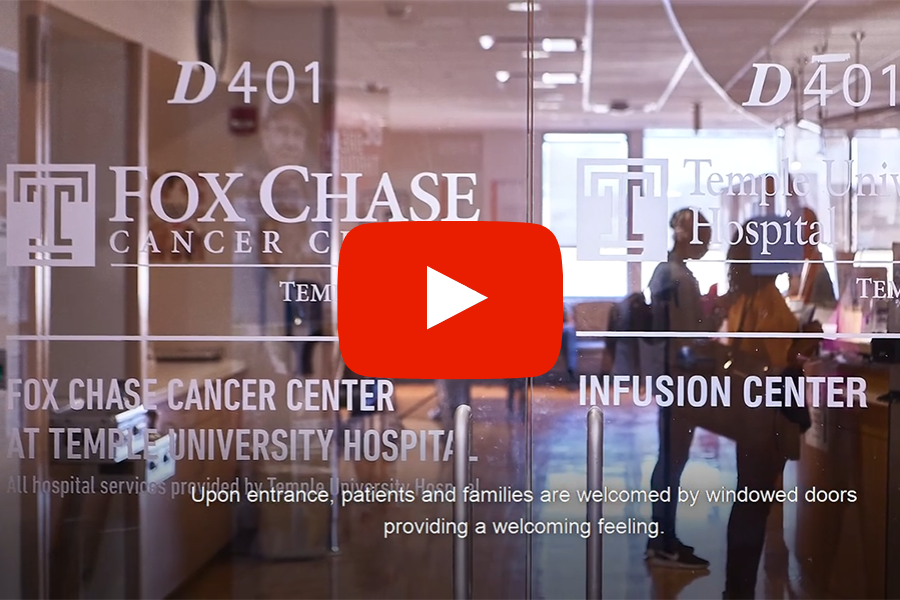What Is Breast Cancer?
Breast cancer occurs when breast cells begin to divide and grow abnormally. There are several different types of breast cancer, classified by which part of the breast is affected, distinguishing features of the abnormal cells and whether the cancer cells are stimulated to grow by certain hormones. Many breast cancers are detected by regular screening before the cancer has become symptomatic.
While the exact causes of breast cancer are not clear, the disease is associated with several risk factors, including:
- Environmental factors, such as smoking, alcohol consumption, obesity, exposure to ionizing radiation and use of hormone replacement therapy
- Genetic changes acquired over the course of a lifetime, which accounts for the vast majority of cases
- Inherited genes or mutations, primarily BRCA1 and BRCA2 gene mutations, which greatly increase the chances of developing the disease
Symptoms
The most common symptom of breast cancer is a lump or thickening in the breast or underarm area. The lumps are usually painless, firm and with irregular edges. Other symptoms may include:
- Nipple changes — Nipples may become inverted (point inward), develop flakiness or crustiness, or have discharge other than breast milk.
- Skin changes — Dimpling, irritation, redness, roughness, thickening or “orange peel” texture may develop.
- Swelling — All or part of the breast may increase in size.
Treatment Options
Treatment options vary depending on the type and stage of breast cancer and may include:
- Chemotherapy — Anti-cancer drugs can kill cancer cells or prevent them from multiplying.
- Hormonal therapy — For cancers sensitive to the influence of hormones, anti-hormonal medications help block their growth and spread.
- Radiation therapy — These specialized energy beams target and kill cancer cells or stop their growth.
- Surgery —Surgery may be used to remove only the tumor (lumpectomy) or remove the entire breast (mastectomy) along with evaluating the lymph nodes to see if the tumor has spread beyond the breast.
- Targeted therapy — Also called biologic therapy or immunotherapy, these targeted drugs stimulate the body’s immune system to attack particular traits of cancer cells to limit their growth.
Ready for an Appointment?
If you're experiencing signs or symptoms of breast cancer, schedule an appointment or call 800-TEMPLE-MED (800-836-7536) today.
Learn more about our doctors and care team who diagnose and treat breast cancer.


